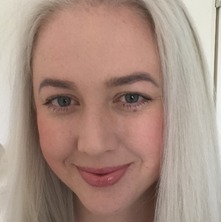Negative intergroup contact has a stronger impact on intergroup attitudes than does positive contact: Explaining racism and attitudinal homeostasis (2012-2014)
Abstract
In his seminal work on contact theory Gordon Allport argued that contact between members of different racial groups would improve intergroup attitudes and foster harmony. However, despite increasing racial diversity in contemporary Western nations levels of racism remain relatively static. Disturbingly, we also find that as neighbourhoods become more racially mixed (implying high levels of intergroup contact), intergroup attitudes typically worsen rather than improve. The present research aims to explain this paradox. I provide the first empirical test of the argument that negative contact increases prejudice more than positive contact decreases it, and that this can help to explain homeostasis in prejudice despite increased contact.

